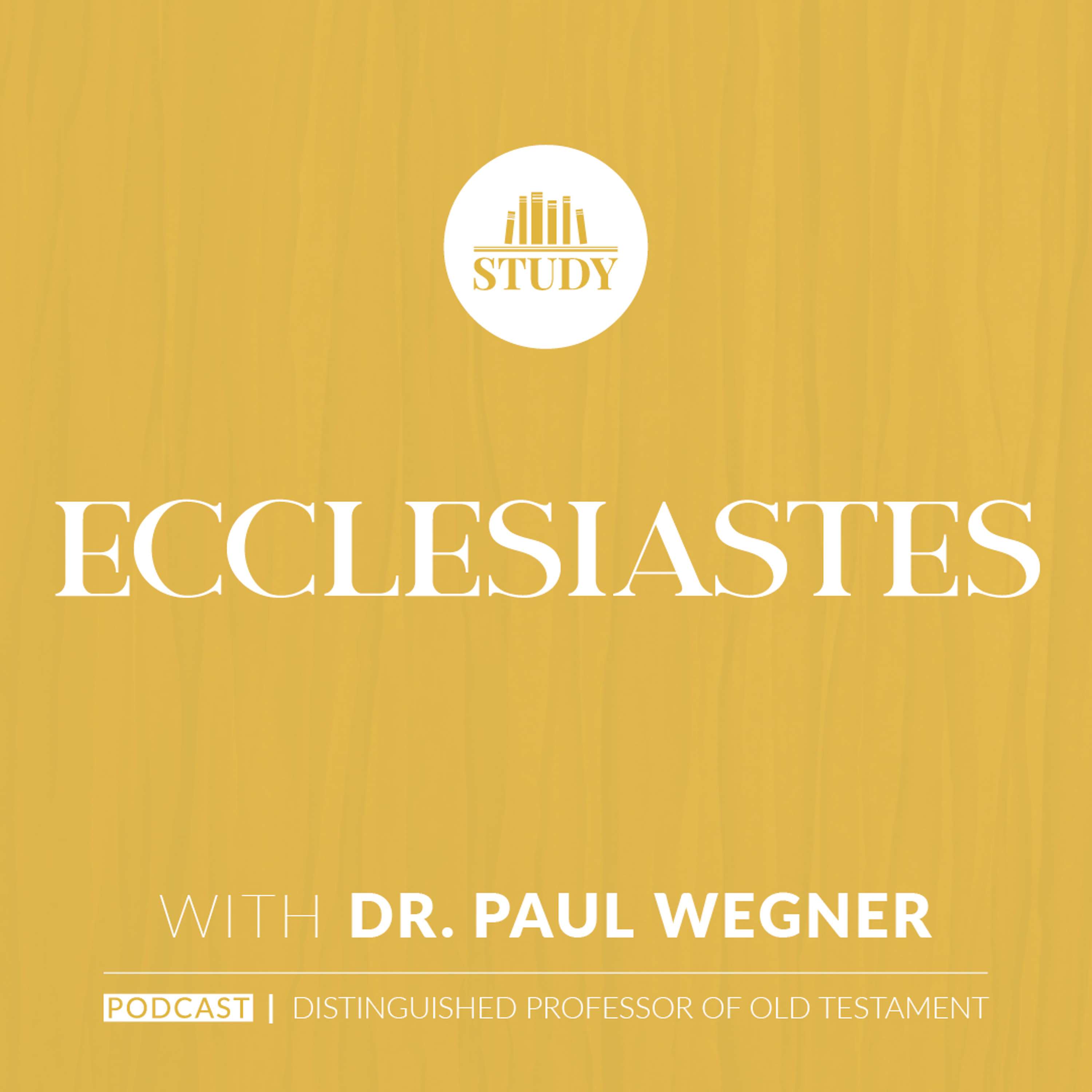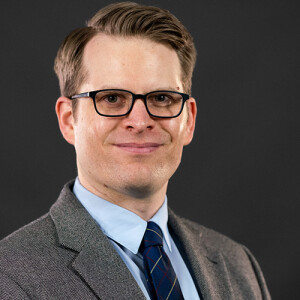A pastor recently shared an observation and a dilemma all leaders face. He told me about his strategic plan for 2020, and how it disintegrated and had to be recreated in a very different form in March 2020 when the COVID pandemic emerged as the defining cultural event for last year. His observation: our best-laid ministry plans, prayerfully made, can be wrecked by circumstances outside our control. This raises the dilemma: how much should we invest in strategic planning as ministry leaders?
One way to resolve this question is to understand the difference between predicting the future and anticipating the future. No one can predict the future. When leaders try to do this, they inevitably make poor decisions which lock them into counterproductive commitments when circumstances change. Predicting the future is presumptuous and reflects hubris, not humility. Anticipating the future is different. It determines a general understanding of what is likely to happen and implements incremental commitments accordingly. When these sometimes go awry, they are usually less constricting and troublesome to correct than commitments made from a prediction mindset.
Even though plans often need to be adjusted, sometimes dramatically, leaders still need to think strategically and plan intentionally for future progress. This is not, in and of itself, presumptuous. It can be a positive spiritual process, rooted in faith and demonstrating humility. Here are three ways strategic ministry planning is a positive aspect of ministry leadership. One, it concretizes our hope for a better future. It puts feet to our prayers as we ask God to increase our effectiveness, enlarge our impact, and do more through us in the future than he has in the past. Second, it creates a framework for collaboration and participation by many in a shared effort. Vision inspires, but plans give people channels to actualize their dreams. Finally, strategic planning demonstrates courage. Getting to a preferred future almost always means change, interpersonal conflict, and shared sacrifice. These pressure points are inevitable when a leader asks people to create a new future.
As we begin a new year, much is changing in our country and around the world. The pandemic will likely abate, new political leadership will take over in the United States, and new global challenges will emerge. Some things have not changed, however. People still need to be reached with the gospel, converts still need to be grown into disciples, churches still need to enlarge their ministry impact, and ministry organizations must keep reinventing themselves to remain effective in fulfilling their mission.
Leaders anticipate the future and plan accordingly. Start 2021 with hope, collaboration, and courage—expressed by implementing plans to better fulfill God’s mission as it expresses itself in and through the mission of the church or organization you lead.
Read More

Excerpt — Towards a Clearer Understanding of Jonathan Edwards’s Biblical Typology: A Case Study in the ‘Blank Bible’
Dr. Cameron Schweitzer provides new insights into Jonathan Edwards’s often mischaracterized typology.

Seeing the Unseen
CSBC Women’s Ministry Director Cathie Smith shares how the church can serve the marginalized in its community.
Listen
Wisdom Books | Ecclesiastes
A common misconception about the book of Ecclesiastes is that it is very pessimistic. In actual fact, there is great comfort throughout the book that while life without God is meaningless, there is great satisfaction found when we cling to the Lord, and only to Him.

Ministering in Finland
Mikko Sivonen, Academic Dean of the Agricola Theological Seminary in Finland, joins Dr. Hopkins to discuss working as a missionary in a place where people are predominantly a different denomination than you. You can learn more about Mikko’s work here www.agricolasemin

Watch

Jonathan Edwards and the Asbury Revival
Chris Chun and Chris Woznicki discuss the signs of true revival, signs of the work of the Holy Spirit, and why it is important to critically assess the characteristics of revival in a spirit of charity.

Jonathan Edwards and the Baptists | Douglas Sweeney, Nathan Finn and Chris Chun
Dr. Douglas Sweeney and Dr. Nathan Finn joined Dr. Chris Chun for a panel discussion on Jonathan Edwards, recorded live at the SBC Annual Meeting in Anaheim.




